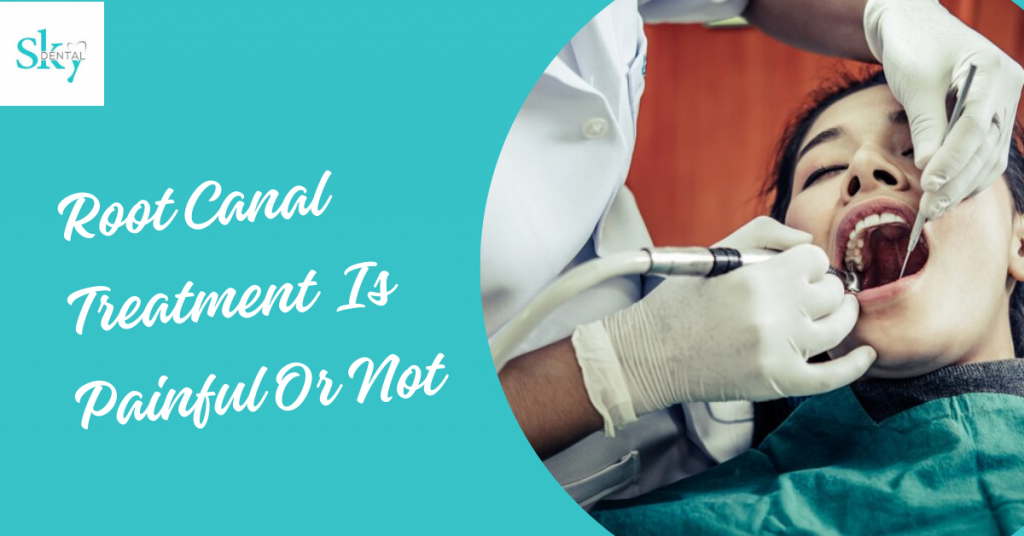INTRODUCTION:
Root canal treatment, also just called a “root canal,” is a dental surgery used to treat badly damaged or diseased teeth. This process gets its name from the canal-like spaces found in the tooth’s root, which house the pulp—a group of blood vessels and nerves—together.
Root canal treatment (endodontics) is a dental procedure used to treat infection at the centre of a tooth. Root canal treatment is not painful and can save a tooth that might otherwise have to be removed completely.
The main goal of a root canal treatment is to relieve discomfort and give a tooth that has experienced severe decay, infection, or trauma its original functionality. The process tries to stop further illness and save the tooth for future use by extracting the damaged or infected pulp, cleaning the root canals, and sealing them.
Despite the negative connotations associated with root canal therapy, often known as tooth canal therapy, it’s usually not as painful as many people think. Local anesthetic, which numbs the area and lessens pain during the therapy, is usually used for this surgery.
WHAT TYPE OF FOOD THEY HAVE TO TAKE AFTER THE ROOT CANAL TREATMENT:
It’s crucial to consume meals that are easy on your teeth and aid in healing following a root canal procedure. The following are suggestions for foods to eat:
Soft items: Steer clear of items that need a lot of chewing. Mashed potatoes, yogurt, smoothies, applesauce, and soups are a few examples.
Cold or Room Temperature Foods: Steer clear of hot foods and beverages since they may be uncomfortable. To avoid irritation, choose options that are cool or room temperature.
Non-Acidic Foods: Steer clear of acidic foods and beverages that may irritate the treated area, such as citrus fruits and tomato-based goods.
Nutritious Foods: To promote healing, concentrate on eating a balanced diet that includes foods high in vitamins and minerals. For instance, protein foods like scrambled eggs, soft cereals like oatmeal, and softly cooked veggies.
Steer clear of Sticky or firm Foods: Eating foods that are sticky (like caramel) or firm (like popcorn or nuts) can be difficult and even painful. You should stay away from these until you’re completely recovered.
Hydration: After the treatment, stay away from extremely hot or cold beverages and drink lots of water instead.
CONCULSION:
Root canal treatment is a well-established and effective dental procedure designed to save teeth that are severely damaged or infected. By removing the infected or damaged pulp from within the tooth, the procedure helps to eliminate pain, restore function, and preserve the tooth for continued use.
In conclusion, teeth that are compromised by damage or infection can be saved with the help of root canal therapy. It provides noteworthy advantages concerning pain alleviation, tooth conservation, and general oral health. Seeking advice from a dentist or endodontist is crucial if you have symptoms that could point to the need for a root canal in order to determine the best course of action and guarantee the best result.


